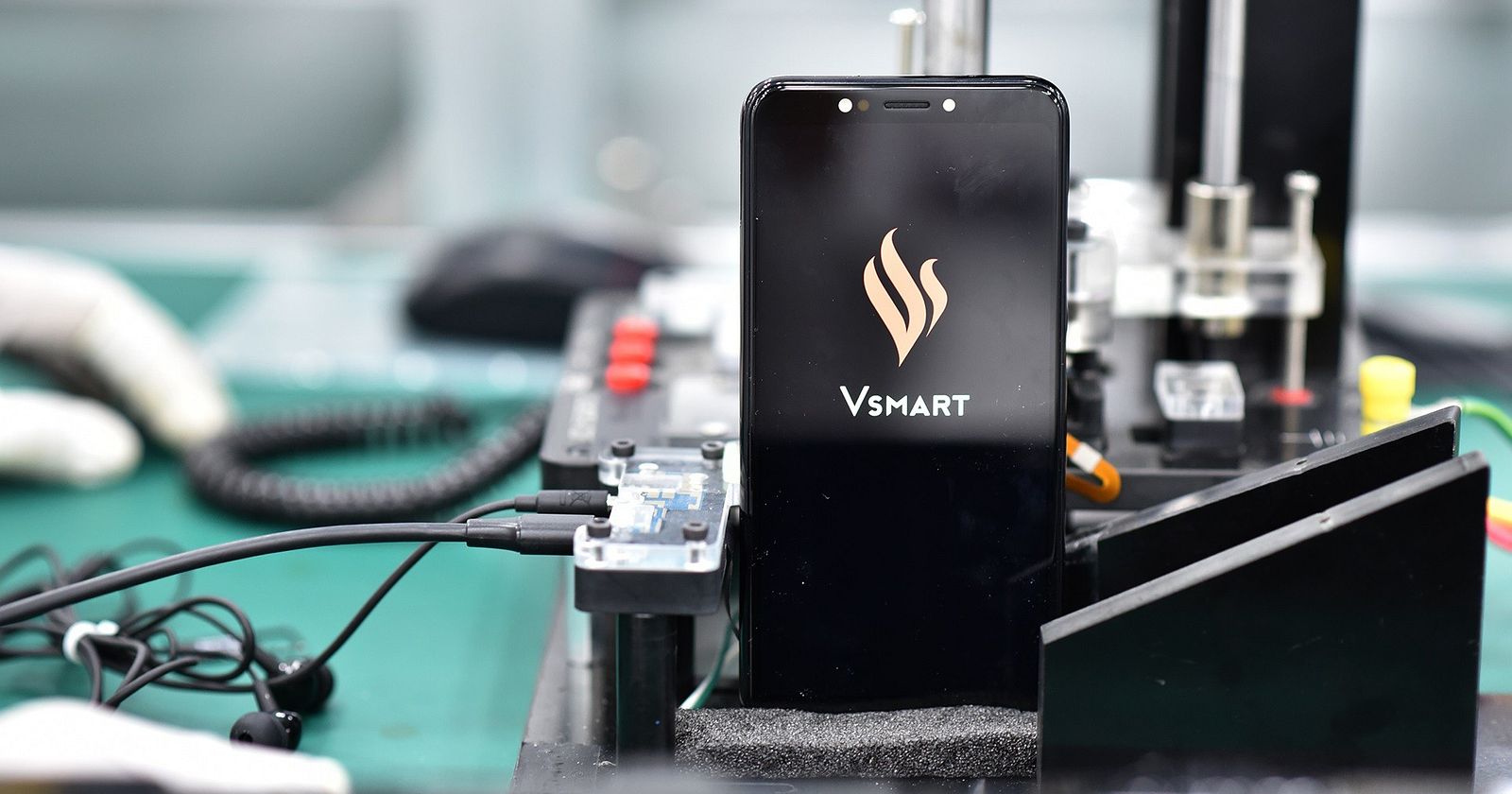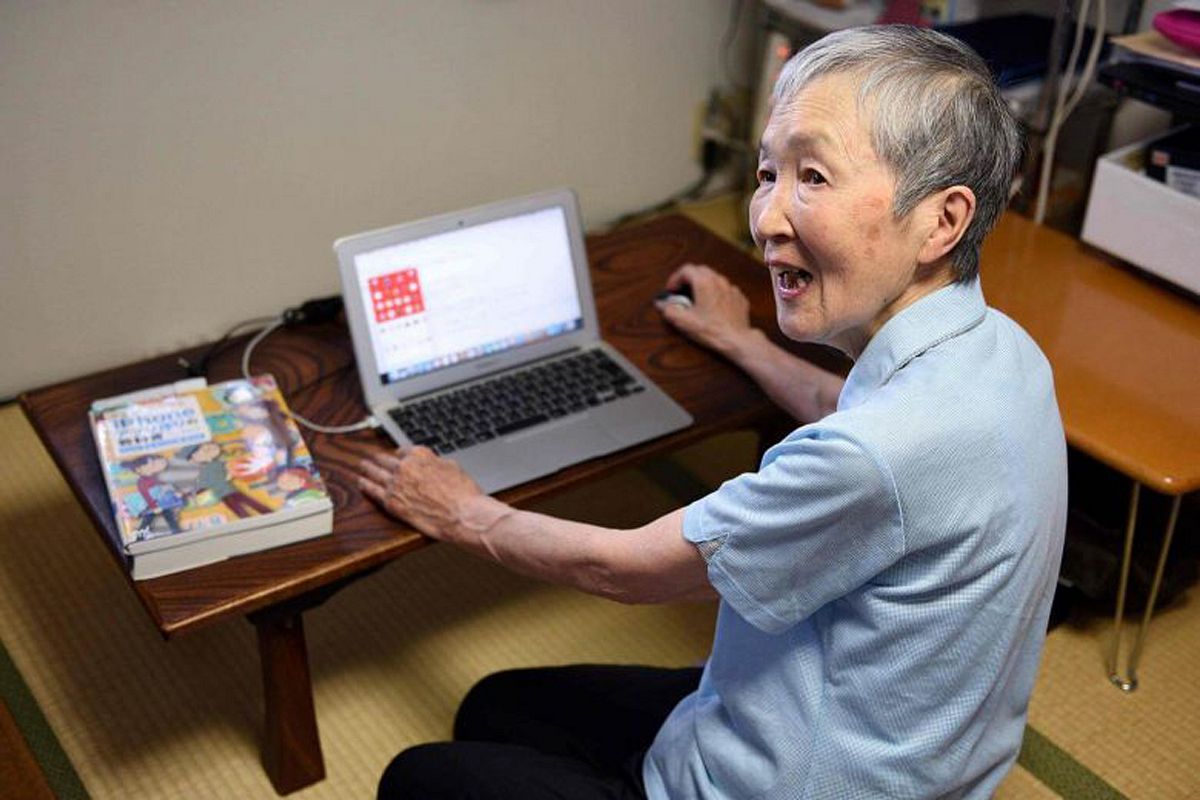A decree recently approved by Prime Minister Nguyen Xuan Phuc will make several changes to transportation services including the addition of surveillance cameras to 170,000 transportation vehicles.
VietnamNetreports that by July 1, 2021, all owners of transportation vehicles with nine seats or above must install two video surveillance cameras. To ensure transparency, the recordings will be sent to the police, traffic inspectors and licensing agencies. The aim of the inclusion of surveillance cameras is to ensure the safety of passengers and crack down on vehicles that take up more passengers than the limit.
Sexual harassment is a common occurrence for many females taking public transportation. As reported by Lao Dong in Vietnamese, a 2013 survey by Plan International Vietnam found that out of 1,128 female participants, 31% said they had been sexually harassed on buses, and 45% didn't take any action in response.
Meanwhile, cases of sexual harassment that have been brought to the police often aren't treated with the seriousness they deserve. For example, VnExpressreported that in June 2019, a female secondary school student was harassed by a 38-year-old man on bus route No. 1 in Hanoi. The response of the Hang Ma Ward Police was to have the man make a written promise that he would not repeat similar behavior.
Another case in Hanoi was that of Nguyen Quang Duong, who groped a woman on bus No. 103A. The man was reported to the police and fined VND200,000.
This decree follows recent efforts to reduce sexual harassment on buses. In November last year, it was announced that 26 new buses would be added to bus route No. 53 in Saigon. These buses will be outfitted with up to four surveillance cameras and painted orange in solidarity with the United Nations' "Orange the World: #HearMeToo" initiative seeking to eradicate sexual violence. Tuoi Treexplains that these buses also include posters and audio announcements in an attempt to increase awareness of the issue.
In accordance with the decree, changes will be made to ride-hailing vehicles and taxi services as well. Taxi meters must be inspected and have an invoice printing device connected in full visibility of the passenger. Further, ride-hailing services will be required to send an electronic invoice to their passengers and to their local tax office.














